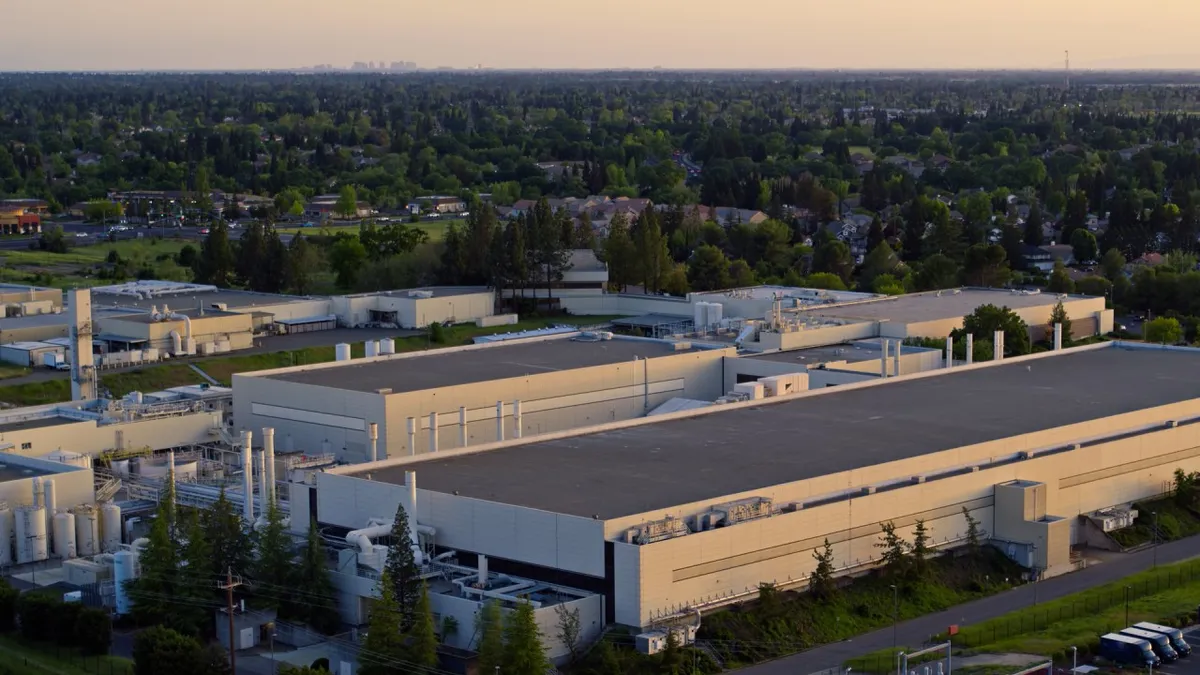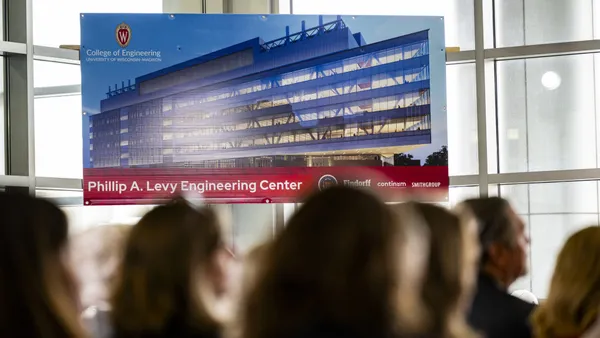Dive Brief:
- Amid a frenzy American manufacturing construction fueled by the CHIPS Act, German tech and consumer goods company Bosch plans to acquire the assets of Roseville, California-based chipmaker TSI Semiconductors, according to a company press release, while investing $1.5 billion into its existing plant.
- The parties did not disclose financial terms of the transaction, which is subject to regulatory approval. The acquisition will significantly expand Bosch’s global portfolio of silicon carbide, a semiconductor base critical for EV, solar power and 5G, by the end of 2030.
- “With the acquisition of TSI Semiconductors, we are establishing manufacturing capacity for silicon carbide chips in an important sales market while also increasing our semiconductor manufacturing globally,” said Dr. Stefan Hartung, the chairman of the Bosch board of management. “The existing clean-room facilities and expert personnel in Roseville will allow us to manufacture silicon carbide chips for electromobility on an even larger scale.”
Dive Insight:
The full scope of the investment will heavily depend on federal funding opportunities via the $52 billion CHIPS Act, aimed at boosting domestic semiconductor manufacturing, as well as state-led economic development opportunities within California, according to the release.
TSI’s plants already developed and produced large volumes of chips on 200-millimeter silicon wafers for applications in the mobility, telecommunications, energy and life sciences industries, according to the release. That experience in the space played a critical role in Bosch’s acquisition decision.
“The location in Roseville has existed since 1984. Over nearly 40 years, the U.S. company has built up vast expertise in semiconductor production,” said Dr. Markus Heyn, member of the Bosch board of management and chairman of the Mobility Solutions business segment. “We will now be integrating this expertise into the Bosch semiconductor manufacturing network.”
The plant’s initial silicon carbide chips will be produced by 2026 on 200-millimeter wafers in a facility offering roughly more than 100,000 square feet of clean-room space. The Roseville plant tacks on to Bosch’s two other chip manufacturing factories in Reutlingen, Germany, and Dresden, Germany.
EV chip demand remains high
Silicon carbide chips enable greater range and more efficient charging for EVs, according to the company. The chip uses 50% less energy than a silicon-only based chip and can power a vehicle for longer distance on one battery change.
“Silicon carbide chips are a key component for electrified mobility,” said Heyn. “By extending our semiconductor operations internationally, we are strengthening our local presence in an important electric vehicle market.”
Bosch maintains the market for silicon carbide chips continues to grow by about 30% a year on average. The company also expects to have an average of 25 of its chips integrated into every new vehicle by 2025, according to the release.















